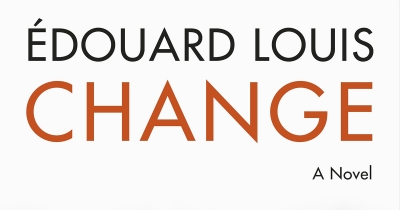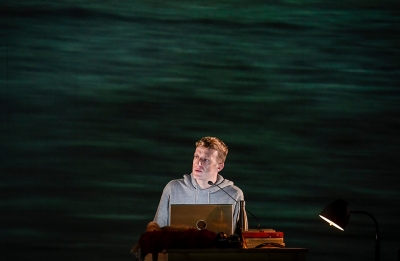Édouard Louis
Qui a tué mon père (Who killed my father)
Schaubühne Berlin and Théâtre de la Ville Paris
by Patrick Flanery •
12 March 2024
For the past decade, French writer Édouard Louis has been excavating and recuperating a childhood spent in a state of acute precarity in the Hauts-de-France. He has written both critically and empathetically about the lives of his parents and siblings, while also casting a probing eye on himself. His first novel, the autofictional En finir avec Eddy Bellegueule (The End of Eddy, trans. Michael Lucey, 2014), was published when he was only twenty-two and has enjoyed significant success in translation.
... (read more)

